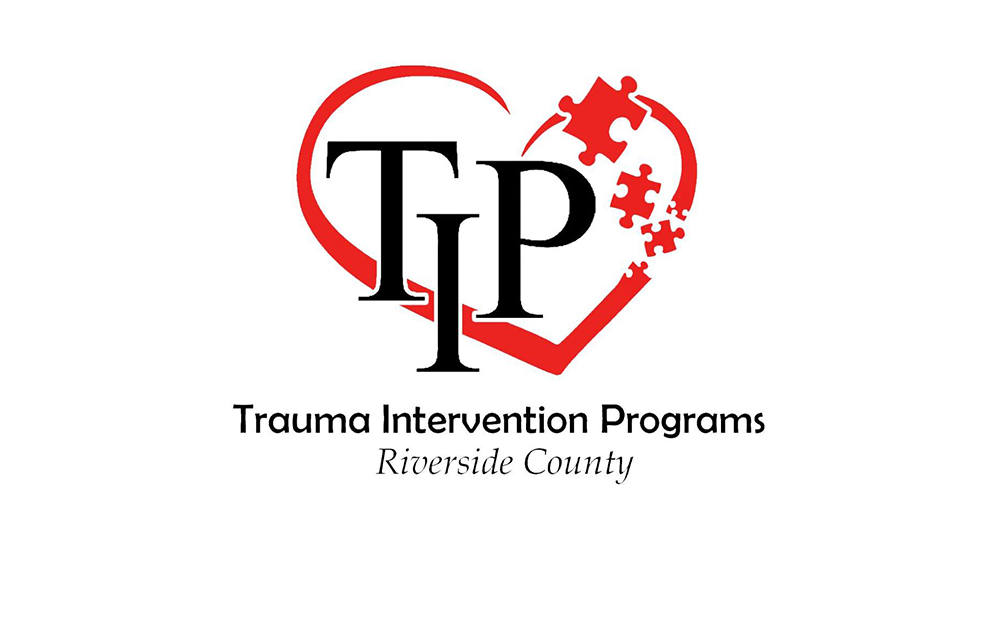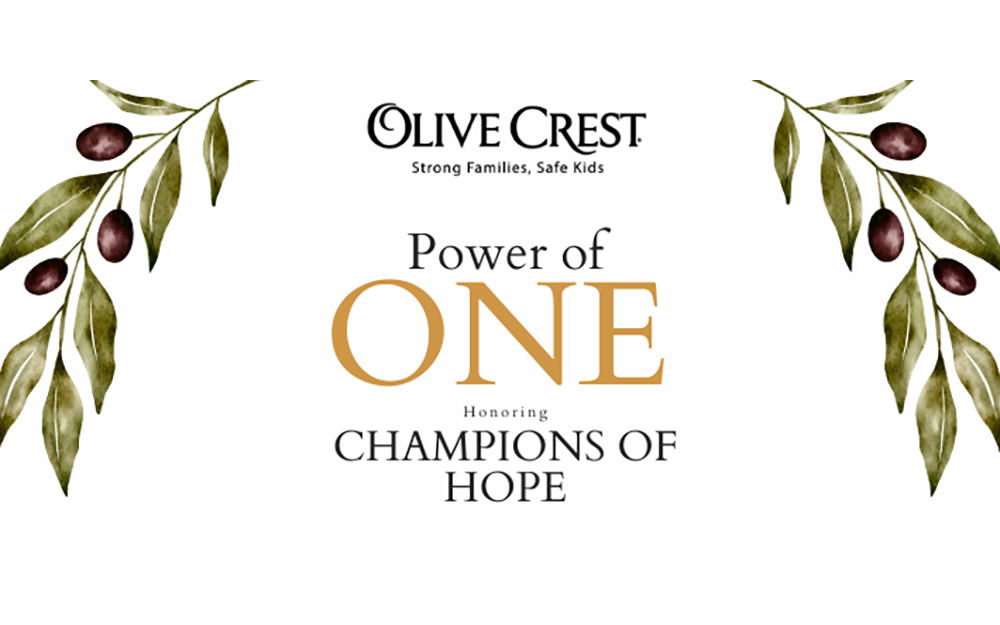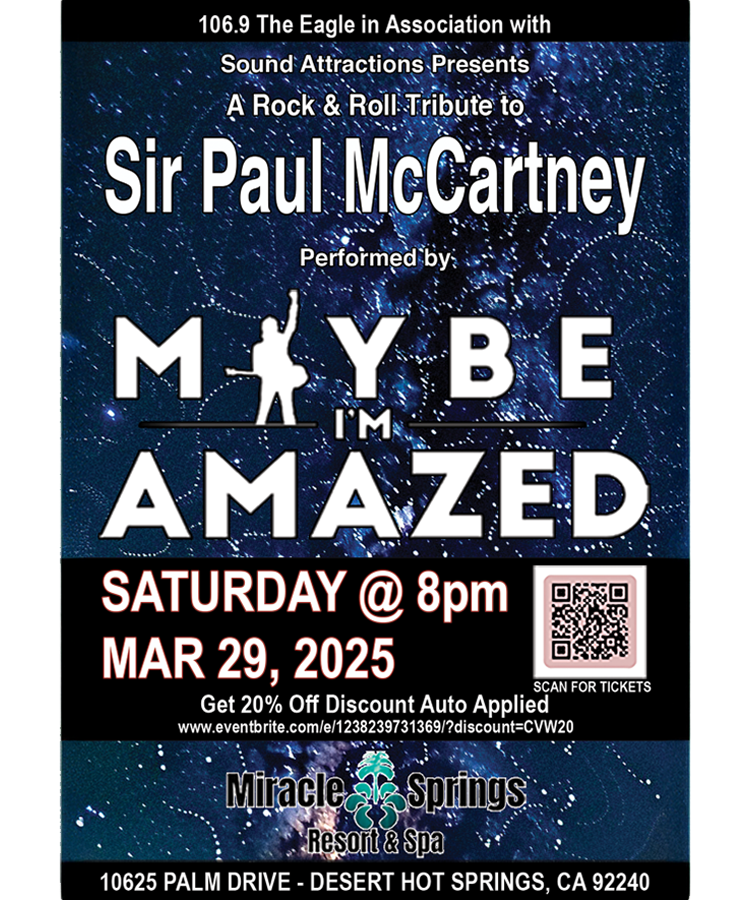
By Sunny Simon
I guess we all have watched sitcoms employing canned laughter. This laugh track is defined as, “recordings of laughter added to humorous radio or television programming when something funny has been said or done.” Some people find it annoying, most likely because it didn’t occur organically. I do not. If the entertainment is engaging, I barely realize canned laughter being used. Probably because my giggles overpower the sound track.
Why do I bring up canned laughter? Because of something somewhat related I find objectionable. I’ll call it “canned dialogue.” I’ll define it as pictures or phrases supplied to the user in response to a thought, idea, or interaction. Let me give you an example. I received an invitation to connect with an individual on LinkedIn. Rather than write a small but sincere greeting, she used a canned phrase provided by LinkedIn, “Let’s start a conversation.” Yep, one click is all we need to complete an action. At best, I would call that an example of laziness.
Need another case in point? Recently I sent a friend a small gift. No big deal, just something I knew she would like. In return, rather than a bit of heartfelt gratitude, I receive an emoji, also termed emoticon, and described by Wikipedia as, “textual portrayals of a writer’s moods or facial expressions in the form of icons.” When I received the beating heart emoji from my friend, I remember blinking at the screen and muttering in disgust, “use your words.” You see, that’s my point. Canned dialogue and cute little funny faces rob us of our originality.
I’ll concede, on a social level, it’s fine to use an emoji if not overdone, however, to remain credible in the business world, use your words, dammit. While doing some research on the subject, I was relieved to discover, I am not alone in preaching this message. A study published in “Social Psychological and Personality Science,” found employing smiley faces makes you look incompetent.
So listen up workers of the world. If you want to look professional and enjoy career success, be original. Articulate your thoughts and feelings, both online and offline. The study done by social scientists, Ella Glikson, Arik Cheshin and Gerben A. van Kleef, found smileys do not increase perceptions of warmth. Bottom line, a smiley is NOT a smile. Have a great week! (And if you send me a LinkedIn invite, originality is appreciated.) Sunny Simon is the owner of Raise the Bar High Life and Career Coaching. More about Sunny at www.raisethebarhigh.com










































